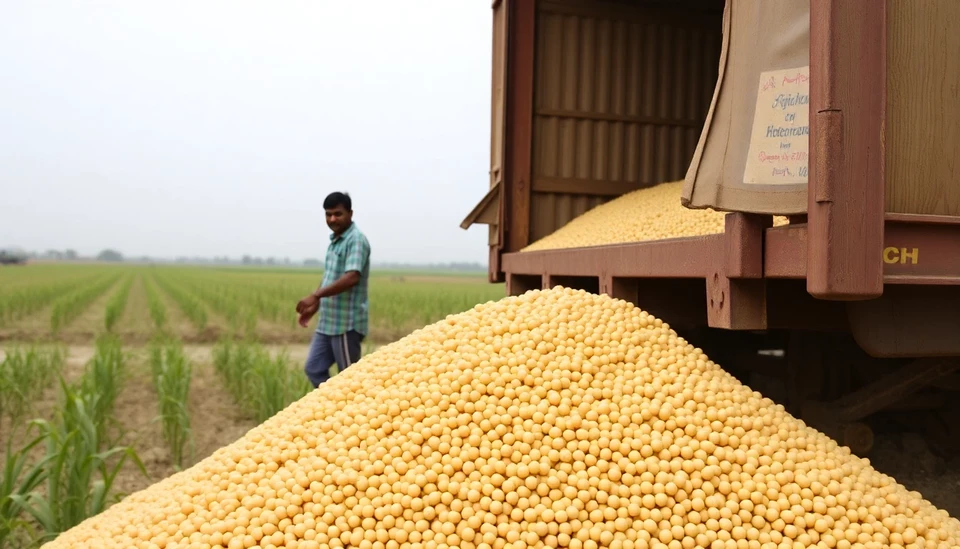
In a surprising turn of events in the agricultural market, Indian buyers are facing significant challenges as they default on several chickpea cargoes. This issue arises as global prices for chickpeas have plummeted, leading to a ripple effect in the supply chain. The decline in prices has prompted many importers in India to abandon their contracts, fearing financial losses in a market that has turned unexpectedly unfavorable.
Market analysts are pointing to a notable decrease in chickpea prices, which have fallen by nearly thirty percent over recent months. The decline stems from increased crop yields and favorable weather conditions in key producing regions, notably Australia and Canada. With prices dropping sharply, Indian buyers are no longer willing to proceed with previously agreed contracts, leading to a wave of defaults.
According to reports, over a dozen shipment contracts are estimated to be at risk, with many importers either outright refusing to take delivery or attempting to renegotiate terms. This behavior is particularly concerning for farmers and suppliers in producing countries, who depend heavily on assured sales to maintain financial stability.
Trade experts are warning that this situation could lead to more than just immediate financial losses. A prolonged trend of defaults may undermine buyer confidence and lead to stricter credit terms in the future. Producers might decide to withhold supplies to India or increase prices to compensate for the risk of defaults, potentially leading to inflation in chickpea prices down the road.
The Indian food market is currently dealing with a plethora of challenges, including tougher economic conditions that have left consumers wary of rising food prices amidst ongoing inflationary trends. Amidst this environment, the sudden drop in chickpea prices has created a conflict: while it offers short-term relief for consumers, it poses a significant threat to suppliers who participate in global trade.
As the situation unfolds, stakeholders across the supply chain are closely monitoring developments. Many are concerned that such defaults not only affect the chickpea market but may have broader implications for other agricultural commodities as well, leading to a potential shift in trade dynamics. With various countries looking to diversify their supply sources, India might find itself in a position of negotiating tougher terms should the defaults continue.
In conclusion, as this intricate web of supply and demand continues to evolve, the future of chickpea trade in India hangs in the balance. Stakeholders must navigate these turbulent waters carefully to avoid long-term repercussions that could affect global agricultural markets and food security worldwide.
#Chickpeas #India #Agriculture #MarketTrends #TradeDefaults #FoodSupplyChain #GlobalEconomy #CommodityPrices #EconomicChallenges
Author: Daniel Foster




